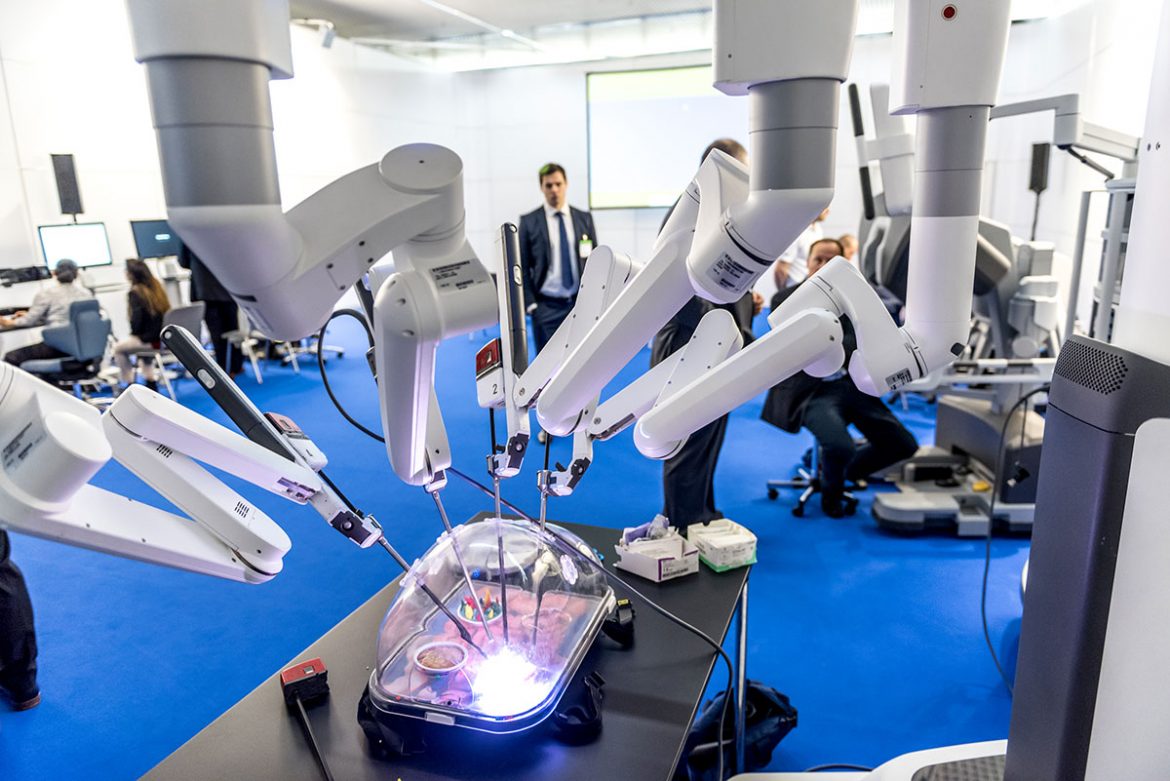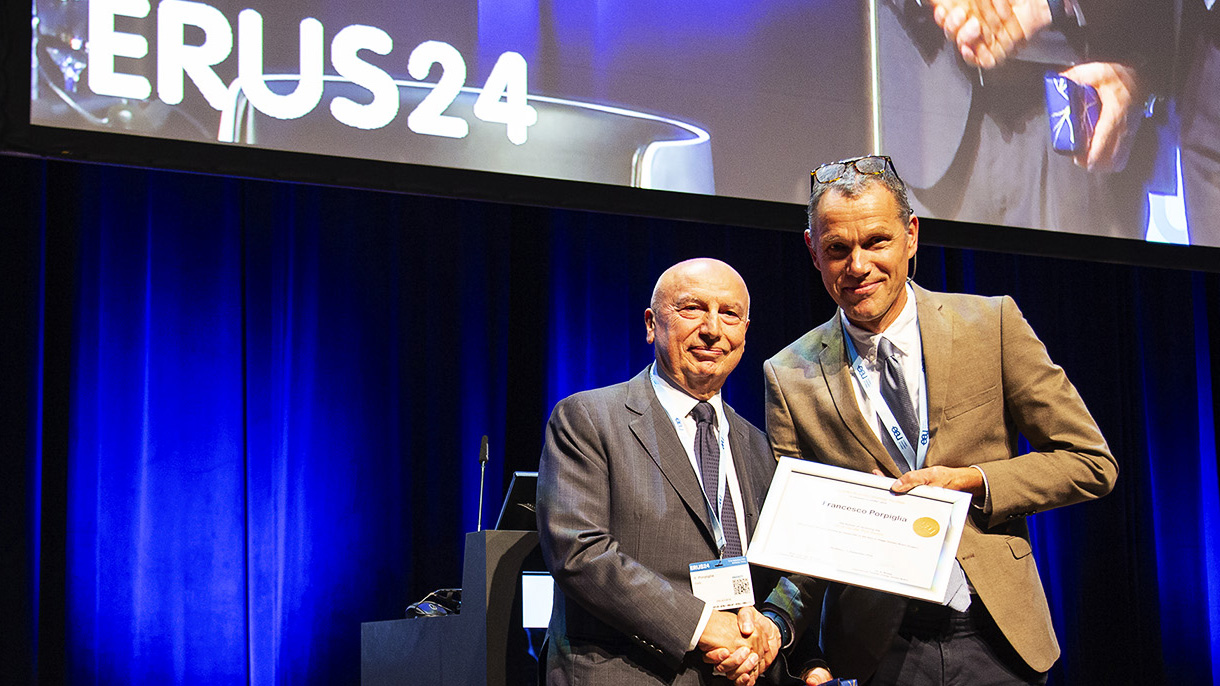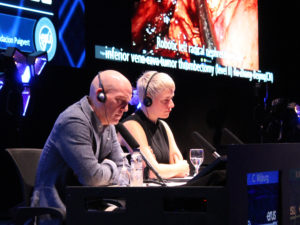For three days this summer, Milan, city of cuisine, fashion, and technological innovation, will host the EAU Robotic Urology Section for its annual meeting. We spoke to Prof. Montorsi (Milan, IT) on behalf of the local organising committee and Prof. Alex Mottrie (Aalst, BE) as ERUS Chairman.
Prof. Montorsi: “This year, the organizing committee tried to emphasize several important aspects of robotic surgery in urology, such as patient selection and preoperative patient preparation; the management of complications; and rare indications.”
ERUS16 will also include lectures given by non-urological experts. “These sessions will focus on how to perform non-urological procedures robotically. This will include typical scenarios of everyday surgical practice that might occur during urologic minimally invasive surgery.”
Live and semi-live surgeries will include rare indications and will describe possible novel areas of applicability of robotic surgery in urology. Prof. Mottrie: “For example, a particular attention will be given to the role of tridimensional reconstruction during robotic surgery. Moreover, the possible applicability of robotic surgery during renal kidney transplantation will be discussed and the proposed techniques in this setting will be described.”
Innovations in Robotic Technology
ERUS16 features a specialised symposium, specifically dedicated to novel robots and novel technologies applied to robotic surgery. Manufacturers and expert surgeons will have a dedicated time to announce and demonstrate their latest developments and the newest introductions in the market.
Prof. Mottrie highlights the advantages of being able to give direct feedback to the industry: “This separate symposium is the ideal platform to share information and ideas between surgeons and developers in order to facilitate the design of novel systems that might significantly improve everyday clinical practice and overcome problems observed with currently available devices.”
Live Surgery
Live surgeries will be performed by expert surgeons coming from all around the world at the Department of the Urology San Raffaele Hospital in Milan, Italy. Surgery will naturally follow the EAU’s guidelines for Live Surgery, always putting the patient first.
Prof. Montorsi, also based at the San Raffaele Hospital: “This year the organizing committee tried to focus on all the major areas of application of robotic surgery in urology. Live surgeries will show the latest developments of well-established surgical procedures and will describe areas of improvement in the knowledge of the surgical anatomy.” In addition, live surgery sessions will highlight the advantages and limitations of robotic surgery in special indications and extreme cases.
One of the main elements of novelty in this year ERUS program is represented by the introduction of semi-live surgeries. Prof. Mottrie: “These 15-minutes lectures will include videos of procedures performed by experienced surgeons in a step-by-step fashion. This approach will allow to carefully analyze all the principal parts and to discuss the tips and tricks of an entire surgical procedure.”
Semi-live surgeries will include also lectures by non-urologic robotic surgeons focused on how to perform common procedures that might be needed in the everyday clinical practice.
Some highlights
In terms of topics and speakers that are particularly noteworthy in 2016, Profs. Montorsi and Mottrie mentioned the “pearls from my practice” session on radical prostatectomy. This session will focus on how to properly select patients for surgery and how to reduce the risk of positive surgical margins, urinary incontinence, and erectile function, which represent important outcomes in the follow-up period. “In particular, Dr. Tewari (USA) will give a lecture that will analyze the relationship between nerve sparing approaches and the risk of positive margins, focusing on how to find the right balance between oncologic and functional outcomes. In addition, Dr. Evans will describe the practical role of genetic markers in the surgical management of prostate cancer patients.”





